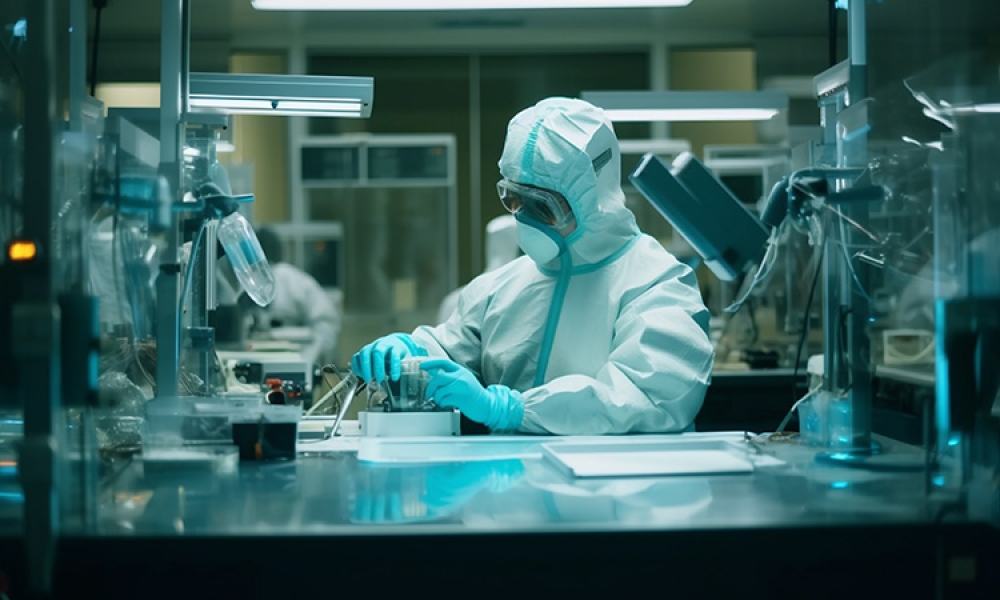Why is water so crucial to the pharmaceutical industry?
Water is required for production of all pharmaceutical products and can be the most expensive ingredient in some applications due to the large volumes required for production and cleaning. Water systems must be properly designed, implemented, and maintained to assure proper availability and water quality compliance.
What are some common issues when maintaining readiness for a cGMP inspection?
The required GMP data for the water system must be available, accurate, and properly compiled for ease of review and understanding. Appropriate alert and action levels must be established with proper response to any excursions. Drawings and other qualification documents must be accurate and up to date.
Are there any challenges with facilities complying with global cGMP regulations
New pharmacopoeia groups emerge with regularity and must be complied with if products are manufactured or shipped to the destination. The proper water quality must be used for manufacturing, cleaning and active ingredient manufacturing to comply with all pharmacopoeia groups involved with manufacturing or destinations.
What are the most common challenges with water in the pharmaceutical industry?
The greatest challenge in water system design and implementation is compliance with multiple regulations that are often broad and open to interpretation. Water systems have to be reliable and available while meeting capital/operating cost constraints, space/access availability and utility limitations.
As an instructor of the ISPE Pharmaceutical Water Generation and Storage Delivery and Qualification of Pharmaceutical Waters trainings, what do you believe are the key course takeaways?
The Water Generation training course will instill your knowledge of the fundamentals of basic water chemistry and provide a better understanding of water quality requirements, and the difference between compendial, non-compendial, and laboratory water systems. All generation and sanitization unit processes are discussed in depth with regard to theory of operation and design. Regulatory requirements are covered to show true requirements versus myth and the sources of the regulations.
The Storage Delivery and Qualification of Pharmaceutical Waters training course provides you with detailed approaches to system design, maintenance and qualification to help in compliance and optimized operation. Various sanitization options are compared for efficacy, utility requirements and advantages/disadvantages. Risk based commissioning and qualification approaches are described with comparison to conventional methods.
To learn first-hand from Gary Zoccolante, register for the consecutive ISPE pharmaceutical water training courses in Boston in October:
- Water Generation | 23–24 October 2017
- Water Storage, Delivery, and Qualification | 25–26 October 2017



